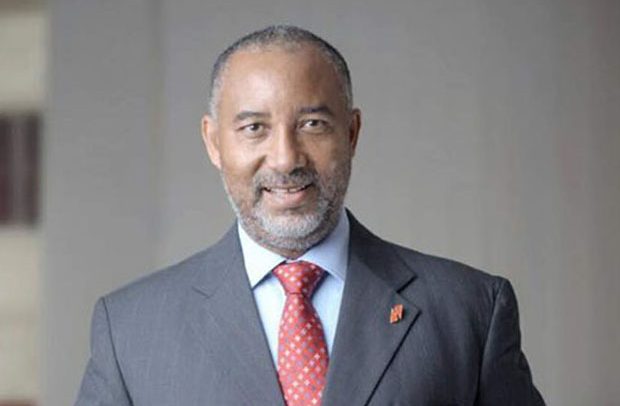Alex Mould
The World Bank has denied claims that it imposed four Independent Power Producers (IPPs) on Ghana during the tenure of the NDC Government led by John Mahama.
The claim was made by Alex Mould, the former Chief Executive Officer (CEO) of the Ghana National Petroleum Corporation (GNPC) during the Mahama administration.
Mr. Mould claimed in an interview last week that that four IPPs constructed under the Mahama government were in fulfillment of a World Bank condition for the $750 million World Bank guarantee in respect of the ENI-led Sankofa-Gye Nyame gas project.
He went on to say one of the conditions for the $750 million World Bank guarantee was that the Mahama government would either build a pipeline or do the convertibility so that the gas could go from the west to the east and there would be off-takers – IPPs that are ready to take the gas.
The former GNPC CEO alleged that the World Bank therefore supported the government of Ghana to support four IPPs to be built mainly because the World Bank needed guarantees for the off-takers of the ENI-Sankofa-Gye Nyame gas.
“And, as such, they supported Ghana to give what we call a Government Support and Consent Agreement to these IPPs for them to be able to take to their financial institutions to say that, ‘We have a guarantee from the Ghana Government which is backed by the World Bank;’ and, as such, they were able to get the financial decision to build these plants. That is what we have to understand; that there was a reason for these plants to be built,” he said, adding, “It wasn’t like these guys came willy-nilly, they had a PPA, they went to their banks, they got financial (support) and now we are saddled with that. No!”
The World Bank in a statement said categorically that it had not provided any financing or guarantees to IPPs to cover Power Purchase Agreements with the Government of Ghana during the (Dumsor) energy crisis from 2014 to 2016 as claimed by the former official.
It explained that to secure Ghana’s energy future, the World Bank rather supported the Energy Sector Recovery Plan (ESRP) of the Government of Ghana for affordable and reliable electricity supply and enhanced the accountability in the energy sector.
It said the ESRP mandated the rationalization of gas and power purchase costs in line with the demand and approved the procurement of energy supply and service contracts in a competitive manner.
“The implementation of this policy will be essential to ensure that new power generation capacity is procured competitively and transparently based on the most cost-effective basis,” it said.
“This will prevent a recurrence of over-supply of generation capacity in future,” the World Bank stated.
It indicated that the World Bank Group provided financing and a guarantee to the Sankofa Gas Project, which since 2019 had increased the availability of natural gas for power generation by leveraging private capital investment and promoting a cleaner energy mix.
“The World Bank is committed to support Ghana in its efforts to sustain economic growth, accelerate poverty reduction and enhance shared prosperity in a sustainable manner,” the statement said.


